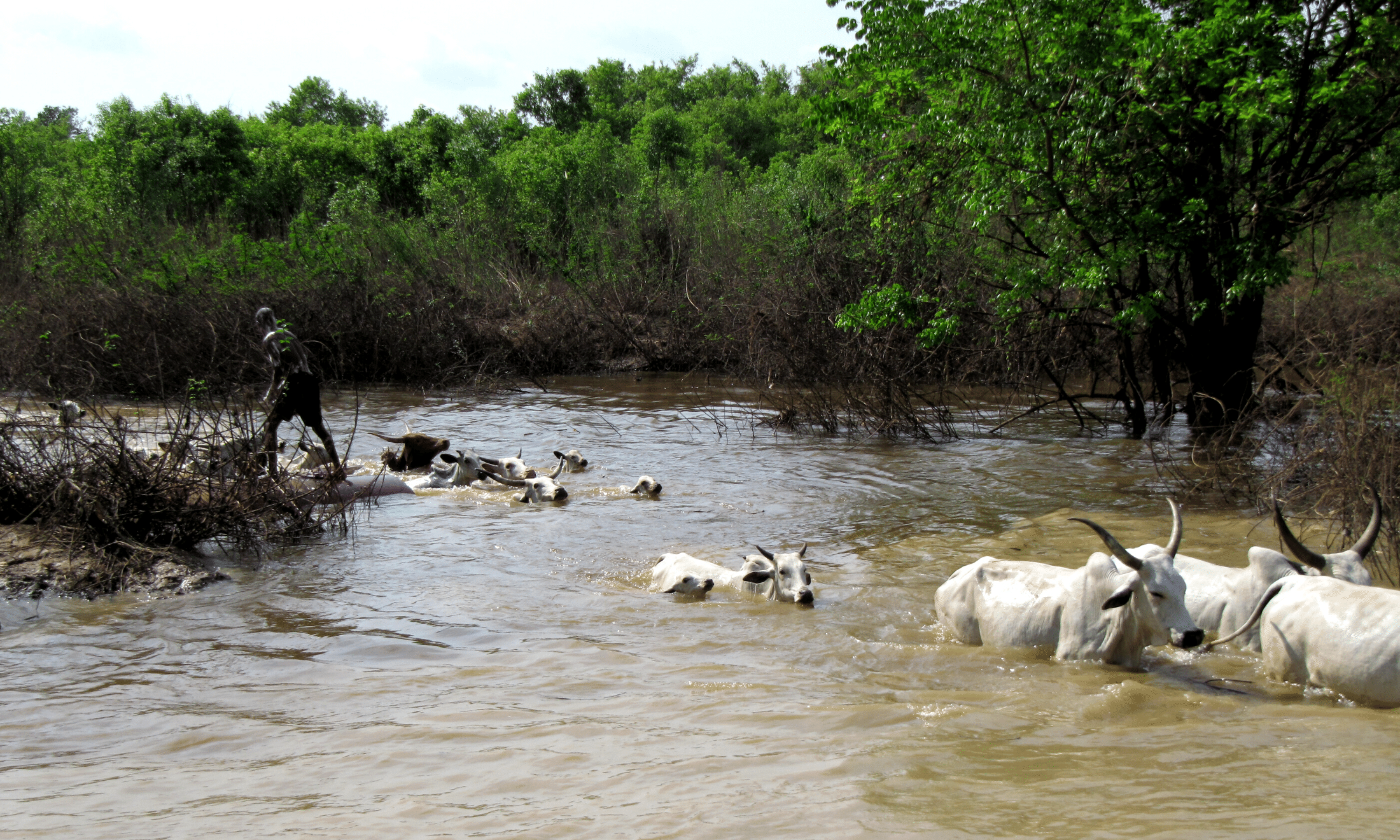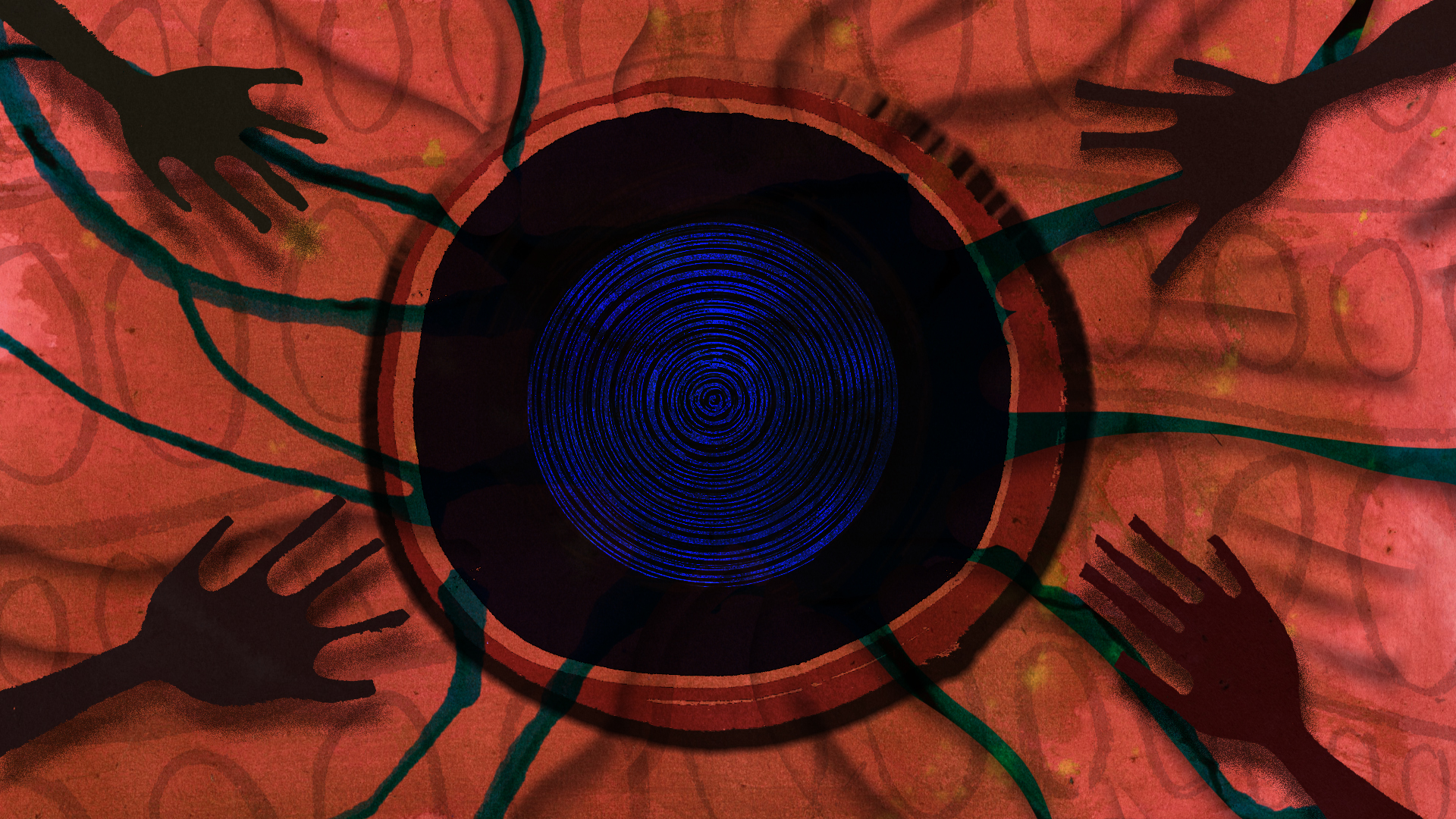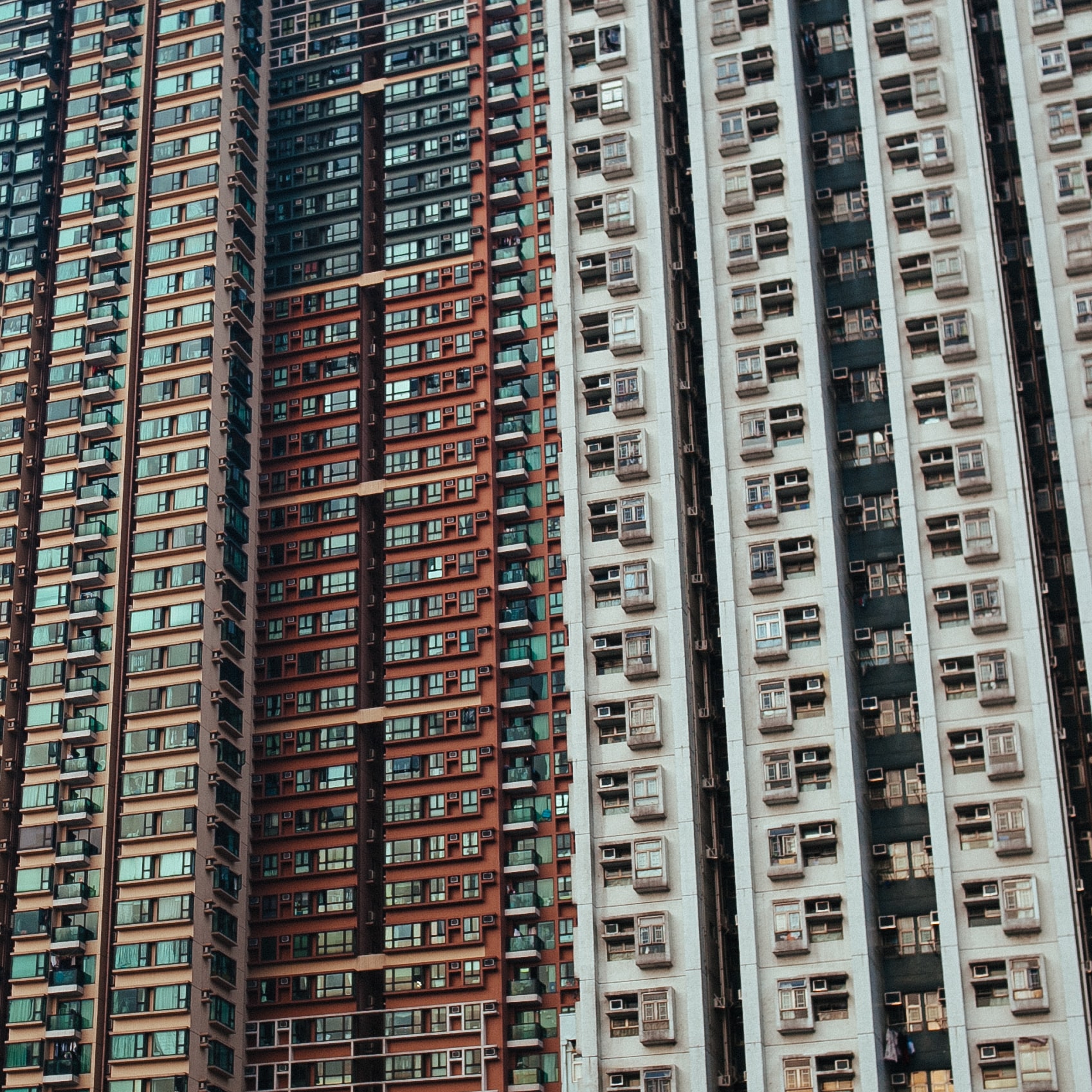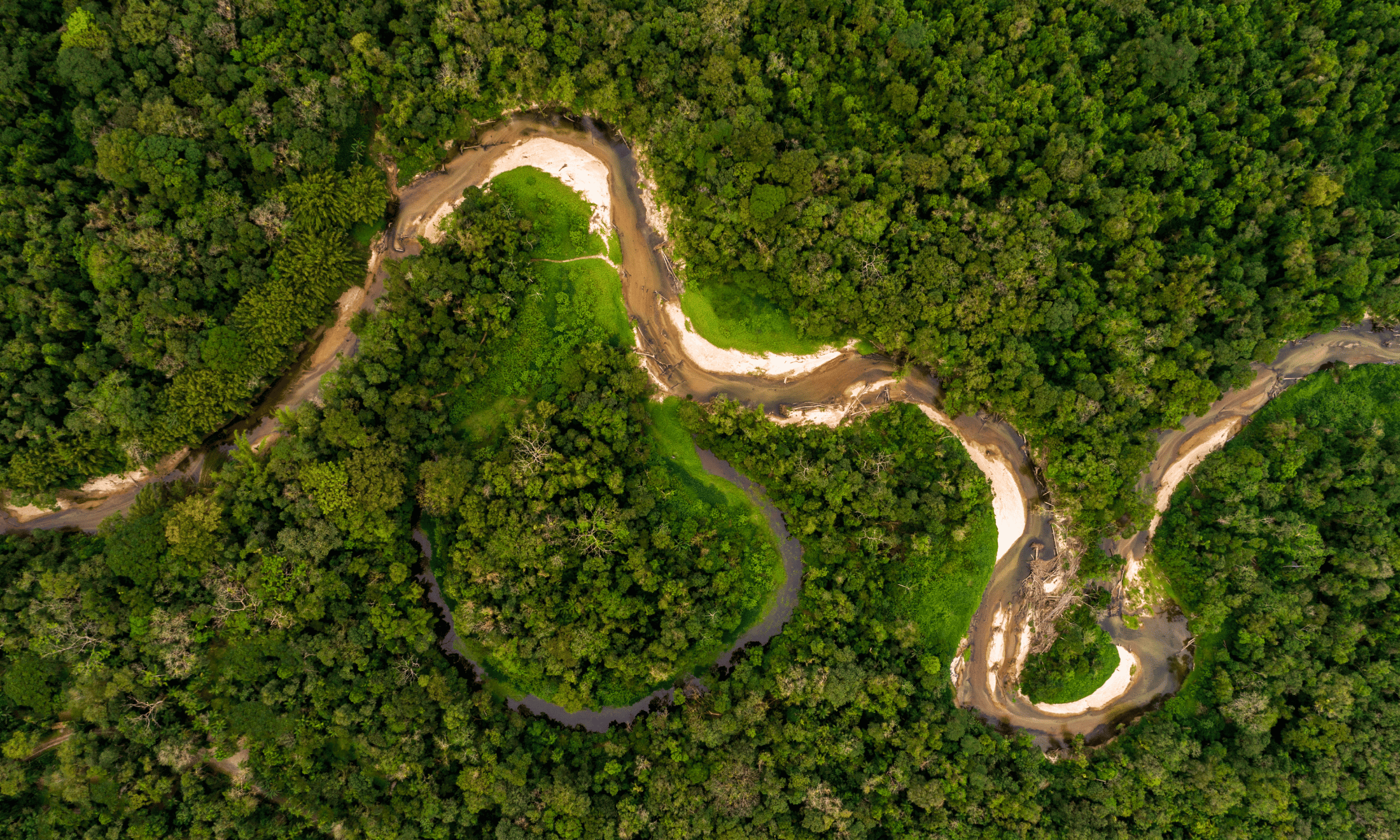
EC/ECHO/Nicolas Le Guen via Flickr
Nigerians impacted by flooding need action – climate action
Extreme flooding has killed hundreds of Nigerians and displaced millions. Without concrete climate action, things will only get worse.
Arese Sylvester
09 Nov 2022
Karis* has had to relocate four times in three weeks in a bid to seek refuge and remain safe. “I’m really exhausted,” she told gal-dem, speaking from outside a friend’s house where she has taken refuge. “It has been over 3 weeks of trying to stay alive. The place I’m currently at is now flooded and I have nowhere to go.”
Her home is one of 200,000 that have been destroyed, and she is now one of 2 million people displaced across Nigeria in recent weeks due to devastating floods submerging vast areas of land. The human death toll currently stands at about 600 people, which will only rise as the floods spread. 33 out of the country’s 36 states have been affected; hitting major cities like Lagos, Enugu and Anambra. This is not the first time the country has faced such turmoil, yet the scale of this disaster has also laid bare the lack of government planning and foresight in supporting those hit hardest.
Although the 2022 floods are the worst recorded in Nigerian history, the country has experienced annual flooding for the past decade. As global temperatures rise and the climate crisis grows even more dire, dangerous floods have been recorded all over West Africa. Africa contributes 4% of global emissions but the continent remains at the frontline of loss and damage resulting from the global climate crisis.
The flooding in Nigeria has also been linked to the release of excess water from the Lagdo Dam in Cameroon, but there’s no denying the role of the climate crisis in the current situation.
“The Lagdo Dam has always been an issue but floods in Nigeria have never been as bad as this one,” says Adenike Oladosu, a climate change activist and founder of Lead Climate, based in Lagos, Nigeria. “The climate crisis is getting worse; the sea levels are rising and we’re recording higher levels of rainfall. This all contributes, so it’s not just the dam.”
“The floods in Nigeria have never been as bad as this one”
Adenike Oladosu
Before the flooding, Karis lived in Omoku, Rivers State in Nigeria’s south. As well as her home, Karis has lost her source of income to the flooding. The factory where she worked as a production manager has since shut down and she has had to rely on online donations to get by. The floods have also separated her from her family – her husband and children are squatting with friends, and members of her extended family have been placed in Internally Displaced Persons (IDP) camps.
While speaking to gal-dem, Karis’ voice is sombre and her sentences are interjected with sighs. She has just come back from visiting her family members in the IDP camp. She tells gal-dem that they are unsafe to remain in. “The people who are staying in those camps are suffering. There are no mosquito nets or mattresses and the windows have been vandalized,” she said. There is also no administration in the camps and Karis has been the one to provide her family members with food and basic amenities.
The Nigerian government set up IDP camps to help victims of disasters like this one but with the current floods, those affected on the ground say they have been of little to no help. In Onuebum, a community in Bayelsa state in the south of the country, sources tell gal-dem that the IDP camps distributed just two cups of rice and a couple of seasoning cubes per person to some of the victims.
“The Nigerian government set up IDP camps to help victims of disasters like this one but with the current floods, those affected on the ground say they have been of little to no help”
Innocent Aluu, a member of the community living in Onuebum, tells gal-dem that each of the IDP camps in the state only received one bag of rice and, as a result, victims had to struggle to get their share. “It was extremely disappointing,” he said. “One bag of rice is not nearly enough to feed even a quarter of the people who are suffering as a result of the floods.”
Innocent is a poultry farmer who lost his entire source of income to the floods, within a matter of days. In September, before the floods began, Innocent had 10,000 poultry birds in his care and he was producing nearly 200 crates of eggs every week. On 19 October, 24 hours after the floods hit his community, he lost nearly 4,000 birds and within the next two days, he lost several thousand more. He was only able to sell off 600 birds, losing over 88 million naira (£175,360) in revenue.
“I have not been able to stop crying,” he said. “I’m grateful to still be alive but it will take me years to get my barn to where it was. I have 17 workers who depend on me for survival and I will be unable to take care of them. I have a family too.”
“I have not been able to stop crying”
Innocent Aluu
The effects of the floods have been devastating and will continue to be. An influx of new diseases, food insecurity, and inflation are expected in the coming months. Despite the risk of diseases like cholera which can be spread through untreated water, victims of the flood are reportedly using stagnant floodwaters to cook and drink. The floods have also affected hospitals, causing at least one temporary shut down which saw patients evacuated elsewhere, adding another layer of danger to the disaster’s impact.
In an interview with Channels TV, the minister of water resources announced that the Nigerian government would not be declaring a state of emergency because the country has not gotten to a crisis point. So far, the only help offered by the government has been relief materials for flood victims.
Campaigners and those affected say this is not enough. “This will only help temporarily and not every victim will get the materials,” says Adenike. It is about doing the right thing like building the dam and supporting the efforts for climate justice.”
One source told gal-dem that flooding is such a regular occurrence in the country that it is scheduled into school calendars in some communities. Despite this, the Nigerian government refuses to take decisive actions like building a dam to support the excesses of the Lagdo dam and implementing the climate bill that was passed in 2021.
Nigeria’s 2021 Climate Change Act mandates the Ministry of Environment to set a carbon budget, keeping the average increase in global temperature to 2℃ and limiting the temperature increase to 1.5℃ above pre-industrial levels. It also set a net-zero target for 2050-2070. The Act applies to both public and private entities within Nigeria’s territorial jurisdiction.
The flooding across Nigeria this year highlights not only the impact of the climate crisis but also that of poor planning. “We need to take action needed to prevent subsequent floods or it is going to keep affecting millions of people,” says Adenike, who has been using social media to spread awareness of the floods and urge the government to do more. “The government needs to fight for climate finance needed for climate justice. We need climate finance for loss of damage and mitigation, innovation and adaptation. We need our voices to be heard.”
*Names have been changed to protect identities.
The contribution of our members is crucial. Their support enables us to be proudly independent, challenge the whitewashed media landscape and most importantly, platform the work of marginalised communities. To continue this mission, we need to grow gal-dem to 6,000 members – and we can only do this with your support.
As a member you will enjoy exclusive access to our gal-dem Discord channel and Culture Club, live chats with our editors, skill shares, discounts, events, newsletters and more! Support our community and become a member today from as little as £4.99 a month.






